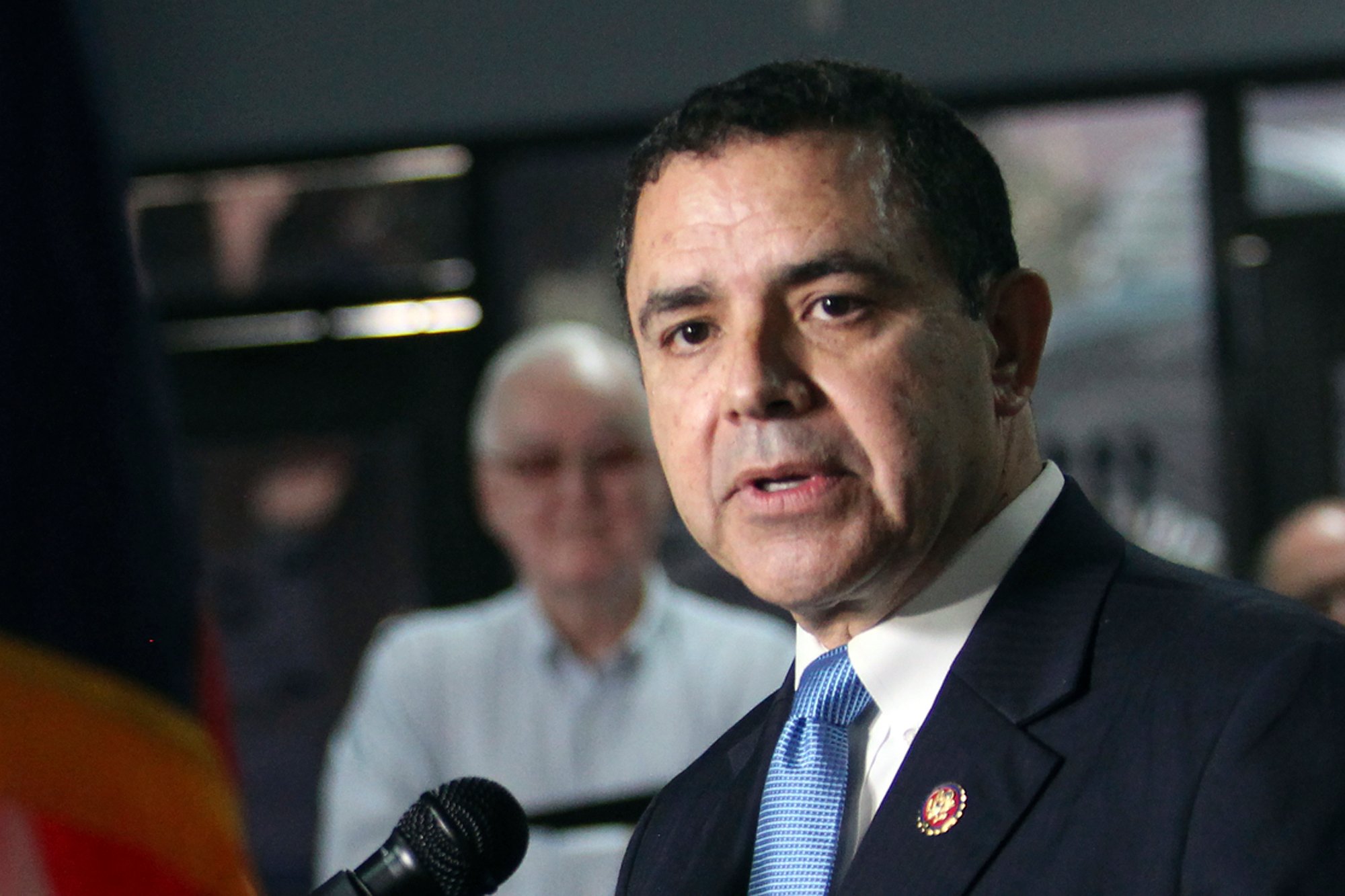ustxtxb_obs_1972_09_08_50_00010-00000_000.pdf
Page 7
greater than the supporters of the canal claim. Concerning the idea that the Trinity Canal would produce lower consumer prices in the Trinity basin, Fulcher said, “Considering that some 92 per cent of the projected traffic would be sand and gravel, bulk chemicals, heavy iron and steel or export grain, it is impossible to conclude that the consumer would see lower prices for his food, clothing or shelter . . .” White argues that the Trinity River Project calls for more expenditures than the combined total the U.S. and Canada spent on the St. Lawrence Seaway, and the canal would not take tolls or actual ocean going traffic like the St. Lawrence does. The Trinity Canal would be the most expensive river project in the nation’s history, he says. E believes that the remaining 8 per cent will consist of newsprint paper. This would explain, he says, the reason the Dallas and Fort Worth papers have thrown their heavy support behind the project. The Dallas Morning News has a paper plant near the base of the Trinity and a canal would provide a publicly subsidized means of transporting this paper to Dallas. There is no way that the money invested in the Trinity Canal could ever be returned, Fulcher concluded. First, no one can borrow money at 4 1/4 per cent, and no one can ever expect to. Second, the costs of constructing the canal would have to be held exactly to the Corp’s 1967 estimate, something which, in the 1970’s and 1980’s, would be impossible to do. Third, the benefits would have to be as great or Austin Amarillo’s now famous polluter-smelter, American Smelting and Refining Company, received gentle action recently at the hands of the Texas Air Control Board. Though. the company has decided to close down its facilities in Amarillo by 1975, it continues to operate at a pollution level far above that which state law allows. The board was especially concerned with the plan’t emission of cadmium, a metallic substance which is toxic if consumed. A staff study of Amarillo school children most frequently exposed to pollution from the smelter revealed that the children had cadmimum levels more than five times as high as those found in the blood of other youngsters. The investigators suggested that the cadmimum emissions may be causing hypertension and called for a study to determine the incidence of hyper-activity in children attending schools near the zinc refinery. Potter, the county in which Amarillo is situated, is first in the state in deaths from hypertension and arteriosclerosis diseases which have been linked to cadmimum buildups in humans. Ken Goleman, the attorney representing the smelter, produced data indicating that the level of cadimum in the air, and in the blood samples of children living near the smelter was of a negligable amount. An M.D. and professor at the University of California also gave testimony as to the harmless effects of cadmium at the level at which it is found in Amarillo. And Congressman Graham Purcell pleaded for the continued operation of the smelter. 10 The Texas Observer The Air Board staff recommended that the law be enforced and the plant be shut down immediately. The staff’s only advocate on the TACB was Houston physician Dr. Wendell Hamrick. Hamrick stated that there was simply no way to tell whether or not the ASARCO cadmium could have long range negative effects on children now breathing it, but that he feared it would. Urging that the company either install the devices that would eliminate the air pollution immediately, or that they be required to cease operation, Dr. Hamrick said, “How can we expect anyone to take us seriously when something that is more than likely a health threat is allowed to keep on running, while down in Houston, where they’re only making smoke, the companies are spending literally millions to clean it up.” Hamrick’s logic, however, found little support among those others on the board. Fred Hartman, another TACB member, said, “Well, I see the issue as the alternative between them closing down now, or doing so in 34 months” \(the time at which federal legislation will call for the closing down of all industry failing to meet backed by John Blair of Kountze, who was apparently more interested in coon hunting than in the quality of Texas’ air. Blair brought up the fact that ASARCO had decided for financial reasons of its own to close down the smelter in three years, thus allowing a sizeable number of employees to attain pension and also making it possible for the mining regions of Southwest New Mexico and Colorado to find another market for their ores. “Why don’t we just move,” he said, “that they shut down by June 30, 1975?” “And then they’re free to go on polluting at as great or a greater level than they’re doing now,” Dr. Hamrick countered. Hamrick moved to allow the smelter to continue operation only if it began installing pollution control equipment right away. His motion failed 4-4, with Hartman, Blair, Charles R. Jaynes and E. W. Robinson in opposition. The ninth member of the board, James Abrams of El Paso, a critic of the smelter, was absent due to the death of his son in an automobile wreck earlier in the week. Earlier this summer Blair and Robinson were subjected to unusually careful questioning by the Senate Nominations Committee. After one session with five Air Board nominees, the senators called them back for a second session. Blair was criticized for his statement that “Poverty smells a lot worse than pollution,” and Robinson got called down for saying he’d oppose giving variances “that would prove very harmful” to health. Both men, however, were , confirmed after promising they would enforce the law against polluting plants even if no health hazard were involved. That’s what they promised, allright. Paul Stone No penalty for ARMCO Austin Though the Texas Air Control Board requires one of the State engineers to be on hand any time a coke furnace is ignited in order to insure safety from the cyanide waste, it appears that Texas steel producers won’t have to worry much about this law being enforced. The TACB staff recently moved to revoke the operating license of Houston steel firm, ARMCO, in view of the fact that it failed to notify the state when it fired a new model oven. Staff member Pam Giblin told the board that ARMCO had not cooperated with the TACB in communications and had only notified the board after the testing had taken place. ARMCO’s attorney presented one of the more flabby cases. in legal history. He enumerated the countless instances in which the steel concern had tried to notify the board of its actions. He reassured the members that his client was always acting in “good faith,” but he produced no evidence to discount the claims of the staff. He concluded his argument on an almost biblical note by asking, “Wherein have we failed?” Although the ARMCO case might seem to be a perfect opportunity for the TACB TACB won’t close Amarillo smelter


